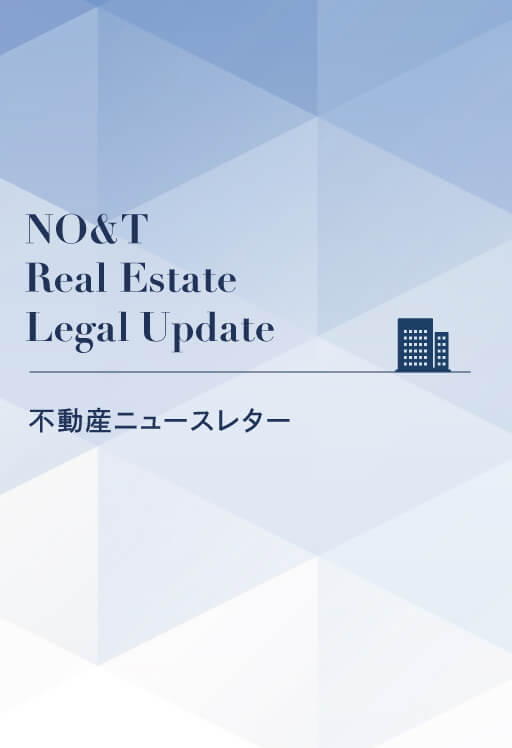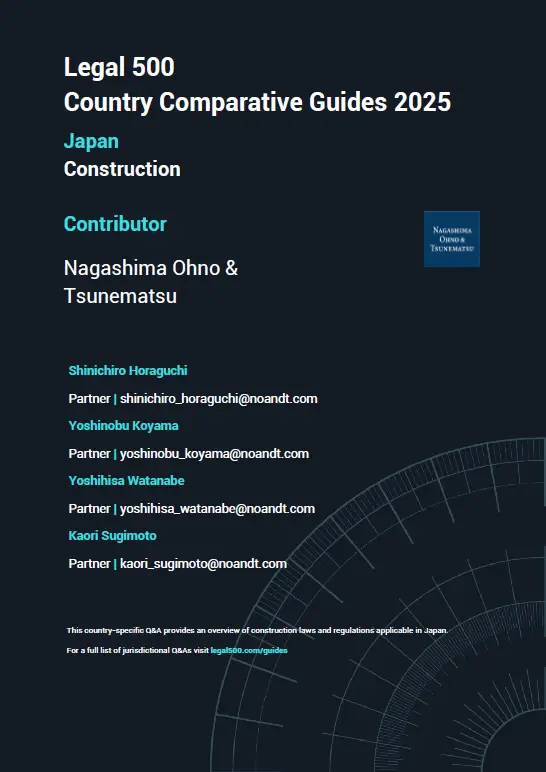
NO&T Asia Legal Review
In an attempt to reform the licensing procedures for real estate (“RE”) projects in Vietnam as part of the overall amendment of the conditions and procedures for investment in Vietnam, the National Assembly passed the new Law on Investment in 2020 (“LOI”), which also amends the Law on Residential Housing 2014 (“LRH”) and the Law on Real Estate Business 2014 (“LREB”). The Vietnamese government has promulgated Decree 31/2021 on the implementation of the LOI, Decree 39/2021 amending Decree 99/2015 on the implementation of the LRH and this Decree 02/2022 dated 6 January 2022 to implement the LREB as amended (“Decree 02”). This Decree 02 will replace Decree 76/2015 on the implementation of the LREB (“Decree 76”).
In this article, we will discuss the key changes in Decree 02 as compared to Decree 76.
According to Decree 02, to conduct RE business in Vietnam, an organization or individual must satisfy the following conditions:
As compared to Decree 76, additional conditions are added to Decree 02 to ensure strict compliance with the LREB. This reflects the Government’s intention to restore order in the RE market, which has been in a state of disarray in the past few years as many developers/agents have unlawfully received a substantial amount of pre-payments from buyers or placed unqualified RE for sale in the market. Decree 02 also stipulates that the subject enterprises must meet these new conditions within 6 months from the date of this Decree 02 or otherwise must cease their RE business.
Apart from the aforesaid conditions, if the enterprise is a developer of an RE project, it must have owner’s equity amounting to no less than 20% of the total investment capital of the RE project (for land area of less than 20 ha) or no less than 15% of the total investment capital (for land area of 20 ha or more). This requirement is not a novel one for RE developers as it is already stipulated under the land laws.
Decree 02 also abolishes the requirement to have charter capital of at least VND20 billion, which is applicable to enterprises conducting RE business, to reflect the amendments to the LREB made under the LOI.
While Decree 76 has six sample contracts, Decree 02 introduces eight sample contracts, as below:
Unlike Decree 76, Decree 02 does not differentiate between sale and purchase and lease and purchase, instead it distinguishes among apartment units, condotels / officetels, individual housing and other houses/construction works. Decree 02 also does not differentiate between existing housing and housing to be constructed in the future, rather it provides sample contracts to be used in both cases.
Like Decree 76, Decree 02 does not appear to require strict compliance with the content of the sample contracts. Therefore, it is arguable that the parties may amend these sample contracts to the extent that the basic fundamental terms/contents remain unchanged.
Decree 02 also includes other sample forms, such as those for the assignment of contracts (i.e., assignment documents) and transfer of RE projects (i.e., application, progress report and approval). Notably, if the transferee of an assignment contract relating to RE other than RE project (whole and part) is a company conducting RE business, it must notify such assignment to the central competent authority in Hanoi (i.e., Ministry of Construction) for monitoring purposes.
Under Decree 02, the transfer of all or part of an RE project must follow new procedures, as below.
Although this provision seems to comply with the general rule set out in the LOI and the LREB, it will likely cause confusion among investors since the procedure under the LOI is different from the procedure under the LREB. Previously, the transfer of all or part of an RE project was subject to only the procedure under the LREB.
Under the LREB procedure, the parties must first obtain approval for project transfer from the provincial People’s Committee (“PC”) or the Prime Minister (as applicable) and then sign a project transfer agreement (“PTA”) (using the sample contract discussed above) and close the transaction within 30 days from such approval. Thereafter, although not mentioned in the LREB and Decree 02, the parties will likely need to amend the investment policy approval (“IPA”) and/or IRC to reflect the investor change in accordance with the LOI. As for the LOI procedure, the project company will amend the IPA and/or IRC without the need to obtain an approval for the project transfer.
As a notable change, Decree 02 regulates that in the case of following LREB procedure, the parties must submit a draft PTA together with other application documents required for issuance of the approval for project transfer to the competent authority. This requirement is not stipulated under Decree 76. In the case of following LOI procedure, the LOI and its implementing decree also stipulate that a signed in-principle agreement or PTA (not draft PTA) must be filed together with other application documents for issuance of the amended IPA and/or IRC.
In the event the transferee is a foreign invested enterprise and the RE project is located in a border, coastal or island commune, ward or township, the competent authority must seek opinions from the Ministry of Defense or Ministry of Public Security before issuing the approval for project transfer and/or the amended IPA/IRC.
Decree 02 reflects the intention of the Vietnamese Government not only to reform the licensing procedures for RE projects as originally contemplated and regulated in detail under the LOI but also to tighten State management over RE business activities (including the transfer of RE projects) to restore order in the RE market and to strengthen national security.
*1
The circumstances for receiving an “approval of investor” are prescribed under Articles 29.3 and 29.4 of the LOI. Under these articles, “approval of investor” may be issued in combination with IPA (as defined below) or separately.
This newsletter is given as general information for reference purposes only and therefore does not constitute our firm’s legal advice. Any opinion stated in this newsletter is a personal view of the author(s) and not our firm’s official view. For any specific matter or legal issue, please do not rely on this newsletter but make sure to consult a legal adviser. We would be delighted to answer your questions, if any.


Makoto Saito, Shinichiro Horaguchi, Yoshihisa Watanabe, Ramsay Randall (Co-author)


Makoto Saito, Shinichiro Horaguchi, Yoshihisa Watanabe, Ramsay Randall (Co-author)


Takehito Matsumoto


Takashi Itokawa, Takahiro Kitagawa (Co-author)


Makoto Saito, Shinichiro Horaguchi, Yoshihisa Watanabe, Ramsay Randall (Co-author)


Makoto Saito, Shinichiro Horaguchi, Yoshihisa Watanabe, Ramsay Randall (Co-author)


(April 2025)
Shinichiro Horaguchi, Yoshinobu Koyama, Yoshihisa Watanabe, Kaori Sugimoto (Co-author)


(December 2024)
Mami Ikebukuro, Kenji Utsumi, Makoto Saito, Shinichiro Horaguchi, Yoshihisa Watanabe (Co-author)


Makoto Saito, Shinichiro Horaguchi, Yoshihisa Watanabe, Ramsay Randall (Co-author)


Makoto Saito, Shinichiro Horaguchi, Yoshihisa Watanabe, Ramsay Randall (Co-author)


Takehito Matsumoto


Takashi Itokawa, Takahiro Kitagawa (Co-author)


Patricia O. Ko


Ngoc Hoang


Yuan Yao Lee


Chattong Sunthorn-opas, Thunsinee Sungmongkol (Co-author)


Patricia O. Ko


Ngoc Hoang


Yuan Yao Lee


Chattong Sunthorn-opas, Thunsinee Sungmongkol (Co-author)


Ngoc Hoang


Long Nguyen


Nga Tran


Hoai Tran